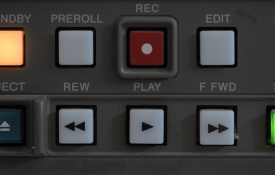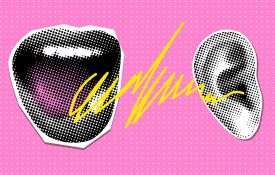-

Teens Who View Their Homes as More Chaotic Than Their Siblings Have Poorer Mental Health in Adulthood
Many parents ponder why one of their children seems more emotionally troubled than the others. A new study in the United Kingdom reveals a possible basis for those differences.
-

Rewatching Videos of People Shifts How We Judge Them, Study Indicates
Rewatching recorded behavior, whether on a Tik-Tok video or police body-camera footage, makes even the most spontaneous actions seem more rehearsed or deliberate, new research shows.
-

New Research in Psychological Science
A sample of research on oppressed groups engendering implicit positivity, compassion fatigue as a self-fulfilling prophecy, gaze-triggered communicative intention, and much more.
-

That Sounds Right: Hearing Objects Helps Us Recognize Them More Quickly
Audio associations can help us recognize objects more quickly, suggesting that sounds can help us make fine-grained discriminations between objects, new research suggests.
-

New Research in Psychological Science
A sample of research on learning-induced plasticity, whether risky drinking is also characterized by stimulus generalization, comprehensive social trait judgments, self-esteem, and much more.
-
Are AI Faces ‘More Human’ Than Real Ones? See if You Can Tell the Difference
Face the facts. AI-generated faces look more “real” than some humans, according to a new study — at least, when it comes to white people. Published in the Psychological Science journal this week, researchers found that AI

